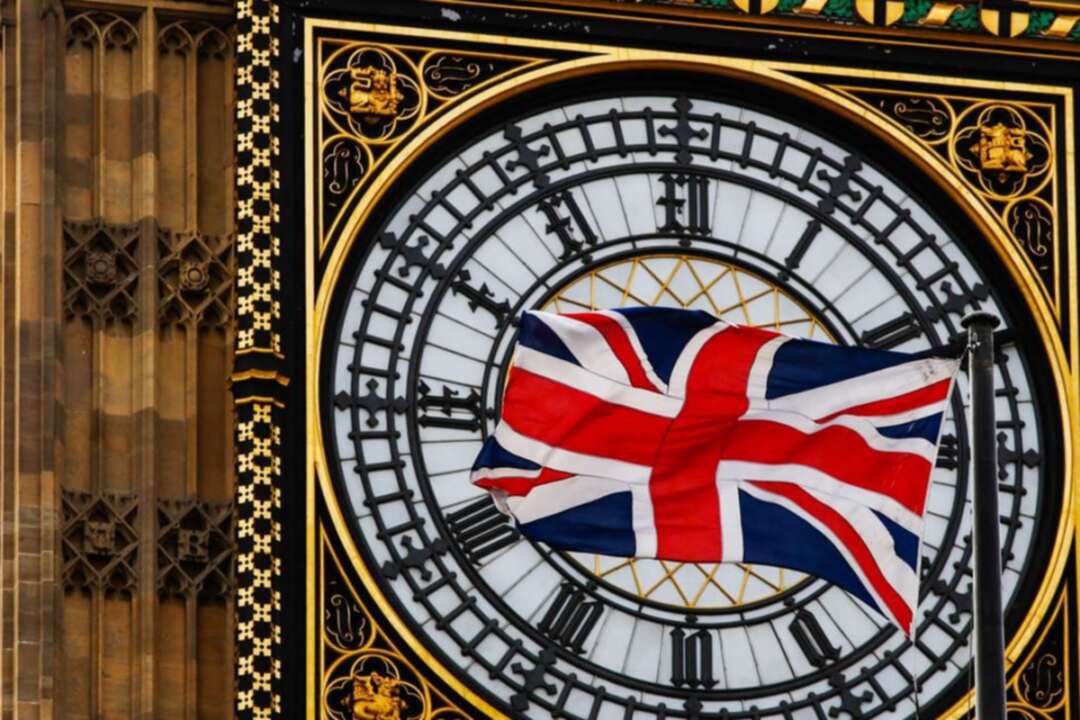-
Labour vows to use parliament to thwart no-deal Brexit

More than three years after the country voted in a referendum to leave the bloc, the United Kingdom is heading towards its gravest constitutional crisis in decades and a showdown with the EU over Brexit, which is due to take place in just over two months time.
In his boldest step since becoming prime minister last month, Johnson enraged opponents of a no-deal Brexit on Wednesday by using a parliamentary mechanism to order the suspension of parliament for almost a month.
The speaker of the lower house of parliament, John Bercow, called this a constitutional outrage as it limited the time the 800-year-old parliament has to debate and shape the course of British history.
Labour Party leader Jeremy Corbyn said that as soon as parliament returns from its summer break on Tuesday, his party would initiate a process to legislate against a no-deal Brexit that he said would be damaging for the jobs and the economy.
“What we are going to do is try to politically stop him (Johnson) on Tuesday with a parliamentary process in order to legislate to prevent a no-deal Brexit and also to try and prevent him shutting down parliament in this utterly crucial period,” Corbyn told reporters.
European Union ministers urged Britain to choose an orderly Brexit, with some openly expressing concern that Johnson’s move to suspend parliament increased the risk of a chaotic split.
Economists have widely predicted that a no-deal Brexit would deliver a damaging blow to Britain’s economy.
Three-month sterling implied volatility soared, indicating traders are bracing for more big price swings between now and the expected Oct. 31 Brexit date. JPMorgan raised the probability of a no-deal Brexit to 35% from 25%.
Johnson’s Brexit negotiator, David Frost, was in Brussels for talks with the executive European Commission on Wednesday, but Dutch Foreign Minister Stephan Blok said the sides had not managed to bridge divisions.
The original Brexit date of March 29 was delayed as Johnson’s predecessor, Theresa May, tried in vain to rally lawmakers behind the terms of Britain’s withdrawal. Parliament three times rejected a deal she negotiated with the bloc.
Johnson has said he is looking for a reworked divorce agreement with the EU but has promised the country will leave on Oct. 31, with or without a withdrawal deal.
His order to suspend parliament used the date of the Queen’s Speech - to be held on Oct. 14 and preceded by a suspension of the House of Commons - to ensure parliament will not sit between mid-September and mid-October.
In effect, the squeezed timetable forces opponents of a no-deal Brexit in parliament to show their hand and act in as few as four days sitting next month. Parliament returns from its summer holiday on Sept. 3.
An election is likely, lawmakers said.
Jacob Rees-Mogg, a Brexit supporter who is in charge of managing government business in parliament, said opponents were confecting “the candy-floss of outrage” and dared them to do their worst.
There is a small majority against a no-deal Brexit in the 650-seat House of Commons, although it is unclear if opponents of Johnson within the Conservative Party would collapse his government in a vote of no confidence.
“It does look like next week is essentially the only opportunity that parliament will have to maintain some control over this process and ensure that it has a say before we leave without a deal,” Conservative lawmaker David Gauke said.
You May Also Like
Popular Posts
Caricature
BENEFIT Sponsors BuildHer...
- April 23, 2025
BENEFIT, the Kingdom’s innovator and leading company in Fintech and electronic financial transactions service, has sponsored the BuildHer CityHack 2025 Hackathon, a two-day event spearheaded by the College of Engineering and Technology at the Royal University for Women (RUW).
Aimed at secondary school students, the event brought together a distinguished group of academic professionals and technology experts to mentor and inspire young participants.
More than 100 high school students from across the Kingdom of Bahrain took part in the hackathon, which featured an intensive programme of training workshops and hands-on sessions. These activities were tailored to enhance participants’ critical thinking, collaborative problem-solving, and team-building capabilities, while also encouraging the development of practical and sustainable solutions to contemporary challenges using modern technological tools.
BENEFIT’s Chief Executive Mr. Abdulwahed AlJanahi, commented: “Our support for this educational hackathon reflects our long-term strategic vision to nurture the talents of emerging national youth and empower the next generation of accomplished female leaders in technology. By fostering creativity and innovation, we aim to contribute meaningfully to Bahrain’s comprehensive development goals and align with the aspirations outlined in the Kingdom’s Vision 2030—an ambition in which BENEFIT plays a central role.”
Professor Riyadh Yousif Hamzah, President of the Royal University for Women, commented: “This initiative reflects our commitment to advancing women in STEM fields. We're cultivating a generation of creative, solution-driven female leaders who will drive national development. Our partnership with BENEFIT exemplifies the powerful synergy between academia and private sector in supporting educational innovation.”
Hanan Abdulla Hasan, Senior Manager, PR & Communication at BENEFIT, said: “We are honoured to collaborate with RUW in supporting this remarkable technology-focused event. It highlights our commitment to social responsibility, and our ongoing efforts to enhance the digital and innovation capabilities of young Bahraini women and foster their ability to harness technological tools in the service of a smarter, more sustainable future.”
For his part, Dr. Humam ElAgha, Acting Dean of the College of Engineering and Technology at the University, said: “BuildHer CityHack 2025 embodies our hands-on approach to education. By tackling real-world problems through creative thinking and sustainable solutions, we're preparing women to thrive in the knowledge economy – a cornerstone of the University's vision.”
opinion
Report
ads
Newsletter
Subscribe to our mailing list to get the new updates!






















